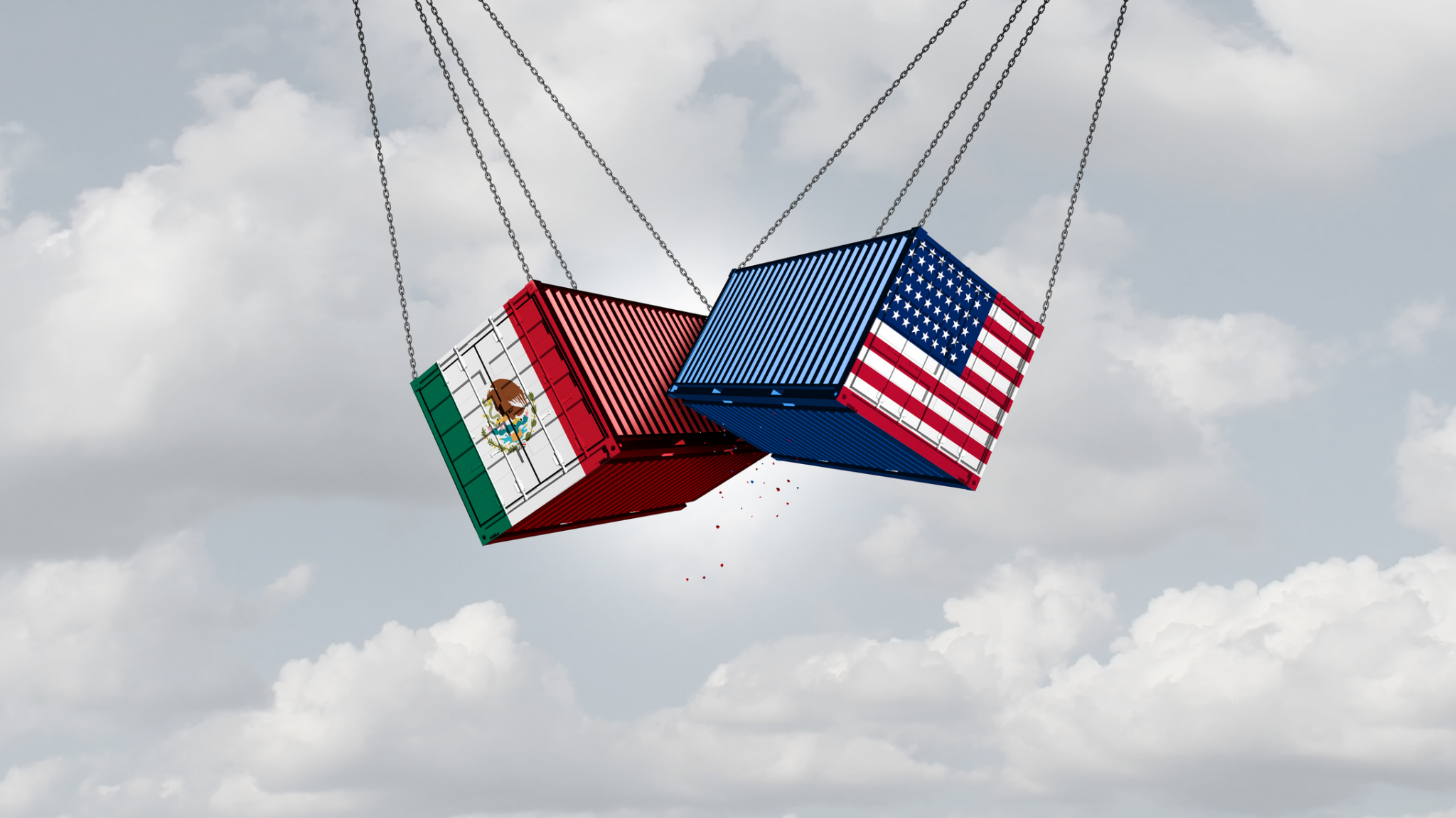Align Technology, the U.S.-based global medical device company that manufactures dental products in Mexico before shipping them primarily to the U.S. and other markets, said Wednesday it is monitoring the “fluid” tariff situation while emphasizing its operational flexibility.
U.S. President Donald Trump over the weekend imposed 25 per cent tariffs on Canada and Mexico. However, on Monday, he granted Mexico a one-month delay on the tariffs following a phone call with Mexican President Claudia Sheinbaum, during which Sheinbaum agreed to deploy 10,000 National Guard troops to combat drug trafficking at the U.S.-Mexico border. In response to the U.S.-Mexico pause on tariffs, Canada also halted its planned retaliatory 25 per cent tariffs announced on Sunday.
“The U.S./Mexico tariff situation remains very fluid, and we are unable to predict whether new tariffs will go into effect in the future,” Align Technology said in a press release after reporting fiscal 2024 revenues of $4 billion. Clear Aligner revenues accounted for $3.2 billion, while Systems and Services revenues totaled $768.9 million.
Align Technology, a member of the S&P 500 since 2017, is known for its dental care products, including Invisalign, iTero scanners and exocad software.
“Assuming a 25 per cent tariff on goods originating in Mexico, it is still more economical to ship clear aligners to the U.S. from Mexico.” Align Technology
‘Greater flexibility’
However, in the event tariffs are imposed on its goods, the San Jose-based company cited its “greater flexibility” in managing its global operations, which have evolved over the years.
“Assuming a 25 per cent tariff on goods originating in Mexico, it is still more economical to ship clear aligners to the U.S. from Mexico due to a variety of factors, including the incremental additional freight costs incurred were we to ship from our Polish facility,” the company stated. “Regarding China, we currently manufacture our products in China for the benefit of our customers in China.”
Align Technology explained that the cost of goods sold (COGS) for its Clear Aligner products includes material, labour, overhead and freight costs. “We expect an incremental tariff, if implemented, to be applied to transfer prices from Mexico,” the company said, adding, “These transfer prices would not include treatment planning costs, freight, other overhead, etc.”
Gurtej Varn, a B.C.-based wealth advisor at White Coat Financial Inc., which serves dentists exclusively, told Oral Health Group that while “uncertainty is bad for the economy,” large companies and dental service organizations (DSOs) are better positioned to handle additional tariffs due to their economies of scale.
“But I do think it’s going to be tough for everyone involved,” he added.
Expansion in Poland, China
Align Technology also has a manufacturing facility in Poland, which became its third regional manufacturing site globally in 2022, serving markets in Europe, the Middle East, and Africa. So far, Trump has hinted at the possibility of future tariffs on the European Union.
Additionally, irrespective of the political climate or who is in office, China remains a priority for Align Technology. In 2017, the company opened its first Invisalign treatment planning facility in Chengdu, China, marking its initial manufacturing presence in the country.
In 2024, Junho Han, vice-president and managing director of Align Technology in China, announced a $140 million investment in Ziyang, Sichuan province, to establish a production base for manufacturing medical devices, including clear aligners and intraoral digital scanners. This facility would serve as a production hub for the Asia-Pacific region.
The Trump administration has also recently imposed a 10 per cent tariff on China, effective as of Feb. 4. In return, China announced retaliatory tariffs on select American imports, including a 15 per cent tariff on coal and liquefied natural gas products and a 10 per cent tariff on crude oil. It also launched an antitrust investigation into Google on Tuesday.
This escalation follows the previous U.S. administration under Trump, which threatened to impose 25 per cent tariffs on Chinese imports in 2018.
Learn more about how the U.S. tariff would impact the Canadian dental industry.
Source link

